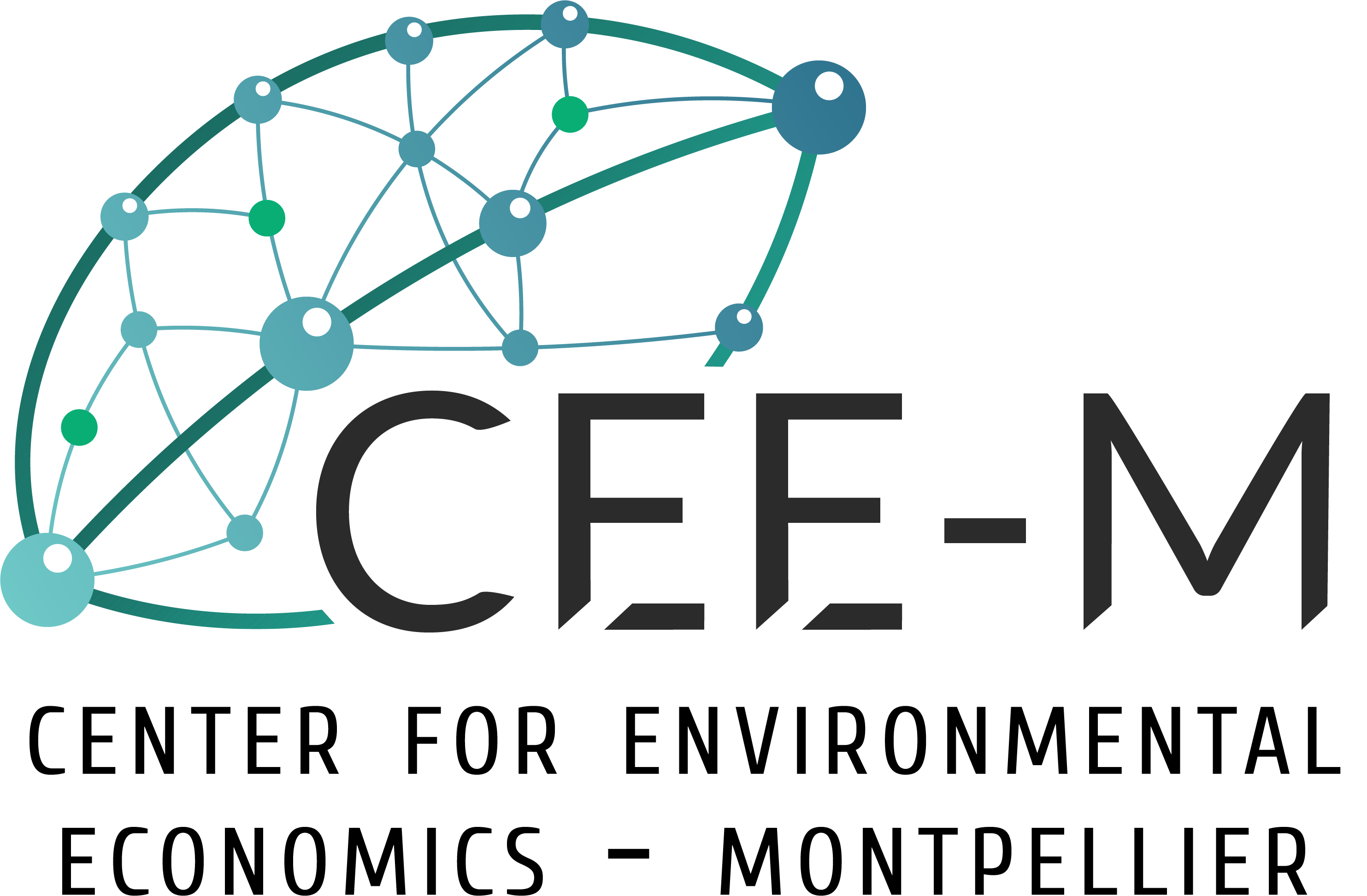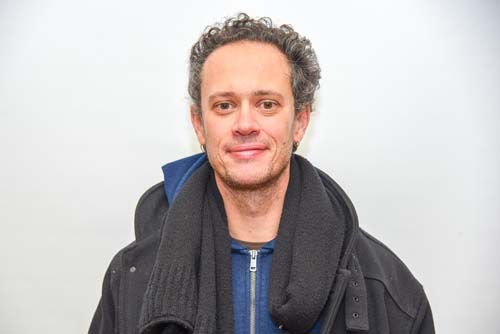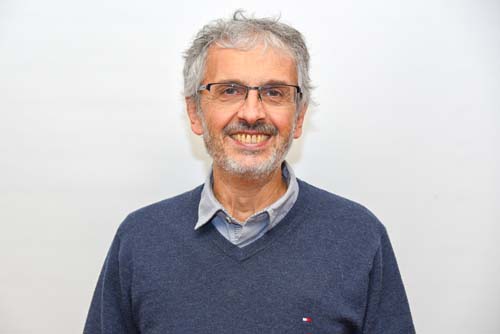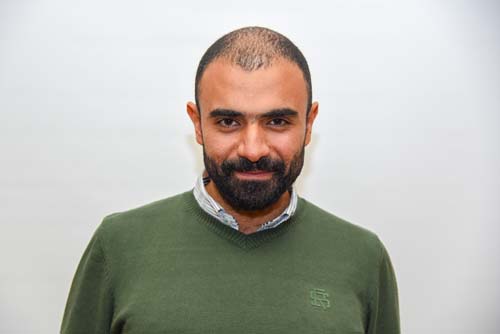
Modern societies face increasingly sensible environmental issues: biodiversity erosion, problems of access to water resources, disruptions to ecosystem services, nonpoint source pollution… How should we manage natural resources to tackle these threats and to induce the transition to greener societies? How to account for local features and jurisdictions in management systems? Can we ensure a trade-off between economic growth and environmental conservation?
This research group tackles these challenges by using environmental and natural resource economics. Researchers rely on several methods: game theory, optimization theory, experiments and quasi-experiments.
Research works are focused on two main priorities. The first one is related to the appropriate design of public policy instruments to achieve sustainable management of natural resources, and to the analysis of the relationship between the environment and economic growth. The second priority focuses on biodiversity conservation policies and particularly on the ecological and spatial dimensions of such policies.
Faculty members
Ph.D Students & Post-docs
Implementing ecological intensification in fish farming: definition and principles from contrasting experiences
Des indicateurs pour identifier les effets des démarches participatives : application au cas du département du Gard
Un cadre d’approche écosystémique comme facilitateur du développement territorial : le cas de la péninsule de Karaburun en Turquie
Mesurer les impacts des infrastructures de données géographiques (IDG) et des observatoires
An assessment method of ecosystem services based on stakeholders perceptions: the Rapid Ecosystem Services Participatory Appraisal (RESPA)
Marine ecosystem considerations and second-best management
Déterminants des aptitudes à l’éco-innovation des pisciculteurs - Exemples de la France et du Brésil
Piecewise closed-loop equilibria in differential games with regime switching strategies
A dynamic model of irrigation and land-use choice: an application to the Beauce aquifer in France
Gold-rush in a forested El Dorado: deforestation leakages and the need for regional cooperation
Restoration ecology of coastal lagoons: new methods for the prediction of ecological trajectories and economic valuation
Biodiversity and food security: from trade-offs to synergies
When the implementation of payments for biodiversity conservation leads to motivation crowding-out: a case study from the Cardamoms forests, Cambodia
- Funding : SMACH – INRA
- Duration : 2017 – 2020
- Contact : COURTOIS Pierre
Efficient management of epidemics aims at allocating efforts in the most efficient way.
The choice problem is an optimization one in which epidemics dynamics is to be accounted for as an additional constraint to the decision problem.
The key of the project is to study where to allocate effort, how to allocate it and when.
The project is an interdisciplinary one at the intersection between economics, epidemiology and phythopathology and it gathers scientists from the three disciplines and engage simultaneously two Ph.d thesis, one in economics, the other in epidemiology.
- Funding : FEDER/Poctefa/ EU
- Duration : 2016 – 2018
- Contact : SALLES Jean-Michel, COURTOIS Pierre
The EcoGYp project aims to study a range of issues related to the ecology and the conservation of necrophagous raptors, with a particular focus on the Bearded Vulture.
The socio-economic component of this project focuses on the identification and assessment of ecosystem services related to these species and the areas in which they reside.
The main services related to necrophagous birds of prey are on the one hand, recreational and aesthetic aspects and on the other, their ecological function as natural rendering.
The former are analysed on the basis of choice experiments, the natural rendering function being evaluated by comparison with industrial rendering from a life-cycle analysis perspective
- Funding : ANR (Agence Nationale de la Recherche) ANR-16-CE03-0005
- Duration : 2016 – 2020
- Contact : QUEROU Nicolas
- Website: https://sites.google.com/view/anr-green-econ/home
This joint project between CEE-M and the Aix-Marseille School of Economics (AMSE) analyzes the transition process toward a greener economy by studying the potential consequences of, and reactions of our societies to, environmental changes.
The project mainly focuses on two important objects of analysis, which are emblematic of issues related to environmental changes: pollution and aquatic resources.
The analysis of these two objects are tackled by relying on three work packages (WPs): (i) the economic assessment of the environmental issues (ii) the definition of short to medium-term solutions by developing dynamic environmental regulatory instruments and (iii) the study of the society’s long term adaptation capacity to sustain an environmentally friendly development process.
- Funding : MUSE Initiative
- Duration : 2018 – 2019
- Contact : QUEROU Nicolas
The project focuses on two complementary research questions that raise different types of scientific challenges.
The first one is related to promoting forms of greener activities through the analysis of incentive mechanisms and behavioral rules to induce a sustainable use of land and natural resources.
The second one is more focused on resource scarcity and on the strategies to tackle problems of uncertainty, irreversibility and threshold effects when dealing with issues of natural resource management.
- Funding : ANR (Agence National de la Recherche) ANR-14-CE02-0021
- Duration : 2014 – 2018
- Contact : SALLES Jean-Michel
- Website: http://invacost.fr/
The aim of the InvaCosts programme is to characterise and quantify the worldwide impacts of invasive species following climate change.
These impacts will be considered sensu lato, including biodiversity losses, disruption of ecosystem functioning and loss of ecosystem services, economic costs (on agriculture, forestry, real estate and infrastructures) and damages to public health (sanitary impacts and associated secondary costs for the society).
This project focuses on insects, a taxonomic group of major importance for the target environmental and societal categories, and whose ectothermic nature makes them especially sensitive to climate variables.
- Funding : ONEMA/AFB (Agence Française pour la Biodiversité)
- Duration : 2017 – 2019
- Contact : COURTOIS Pierre
Spatial management of biological invasions is a complex task.
This project aims at developing decision making tools in order to optimally allocate a limited budget toward the spatial management of a biological invasion.
The project develops three workpackages. The first is on spatial evaluation methods to estimate spatial benefits related to species control.
The second is on spatial evaluation methods to estimate spatial costs related to species control.
The last is on the modelling of invasion dynamics in space and time. Combining the three workpackages, the overall output of the project is a spatially explicit cost-benefit module for the management of mobile externalities.

















